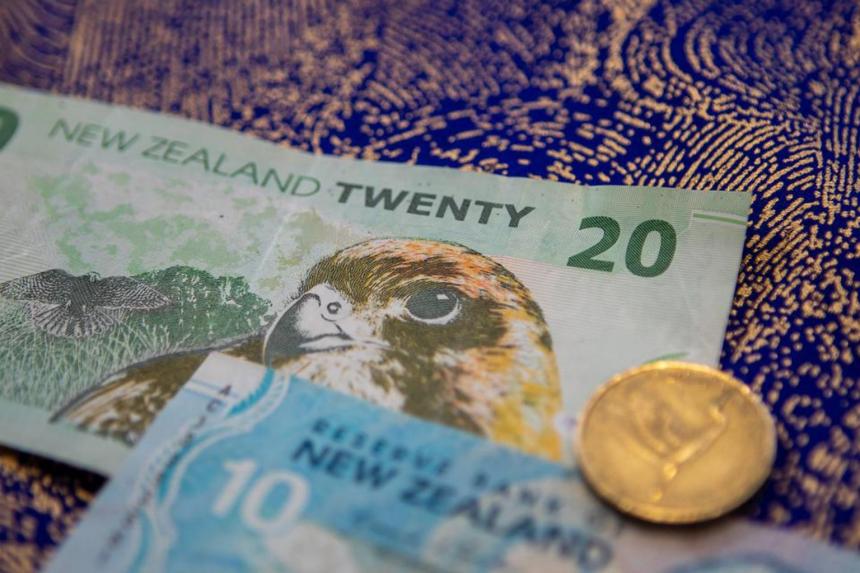WELLINGTON (REUTERS) - New Zealand's central bank raised interest rates by 50 basis points to 2 per cent on Wednesday (May 25), its fifth rate hike in a row as it seeks to get on top of inflation and signalled the cash rate would peak at a higher level than previously forecast.
"A larger and earlier increase in the OCR (official cash rate) reduces the risk of inflation becoming persistent, while also providing more policy flexibility ahead in light of the highly uncertain global economic environment," the Reserve Bank of New Zealand (RBNZ) said in a statement.
Following the release of the statement, the New Zealand dollar hit a three-week high of US$0.65.
Wednesday's move was the second successive 50 basis point increase in the OCR. The rate has now risen by 1.75 percentage points since the tightening cycle started last October. It projected that the cash rate would rise to near 4 per cent in the second half of next year and would remain there into 2024.
The increase took the cash rate to its highest since November 2016. The RBNZ has been a front runner in a global shift towards removing extraordinary stimulus put in place during the pandemic as the authorities try to contain surging inflation.
The central bank sees inflation peaking at 7 per cent in the June quarter, well above its 1 per cent to 3 per cent target, underlining the urgency to temper price-setting behaviour.
"A broad range of indicators highlights that productive capacity constraints and ongoing inflation pressures remain prevalent," the central bank said. It added that headwinds are strong and heightened global economic uncertainty and higher inflation are dampening global and domestic consumer confidence.
The rate rise comes as the RBNZ tries to navigate competing economic challenges, including a tight labour market and inflation at three-decade highs.
But house prices are now falling after surging through the pandemic and business and consumer confidence has dipped as the Ukraine war poses risks to global growth.

